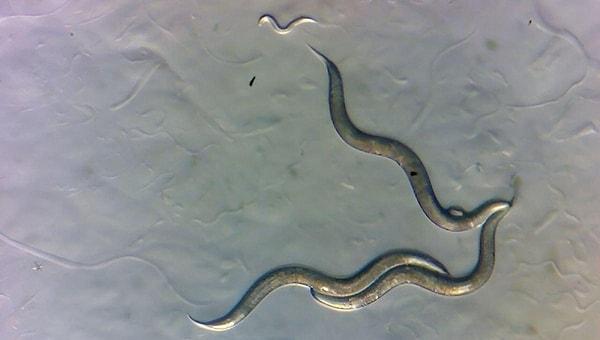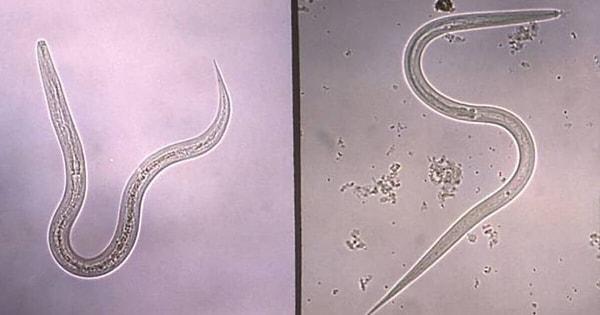Radiation-Resistant "Super Worms" Discovered Near Chernobyl
Scientists have discovered that simple worm species living in Chernobyl, the site of the world's largest nuclear disaster, have developed an immunity to radiation. Find out more about these remarkable creatures below. 👇
A new study conducted in the Chernobyl region has made a remarkable discovery about worm species living in the aftermath of the nuclear disaster.

These small worms, known as nematodes, possess simple genetic structures and reproduce quickly. Researchers collected them from soil samples, decaying fruits, and various other materials for examination.
The fact that these worms have continued to thrive in Chernobyl despite constant exposure to radiation since the 1986 nuclear disaster has garnered significant attention in the scientific community.

The research team froze the worms for detailed analysis and transported them to New York University.
Previous studies had shown that animals living in the Chernobyl Exclusion Zone exhibited genetic differences compared to the same species in other regions.

Professor Matthew Rockman from New York University noted that these worms are widely found and reproduce quickly, allowing them to undergo significant evolutionary changes while showing typical vertebrate development.
Researchers discovered that the worms' genomes remained undamaged despite high radiation levels.

Dr. Sophia Tintor, the lead author of the study, emphasized that this finding does not imply that Chernobyl is safe, but it does demonstrate that these worms are highly resilient to extreme conditions.
Keşfet ile ziyaret ettiğin tüm kategorileri tek akışta gör!


Send Comment